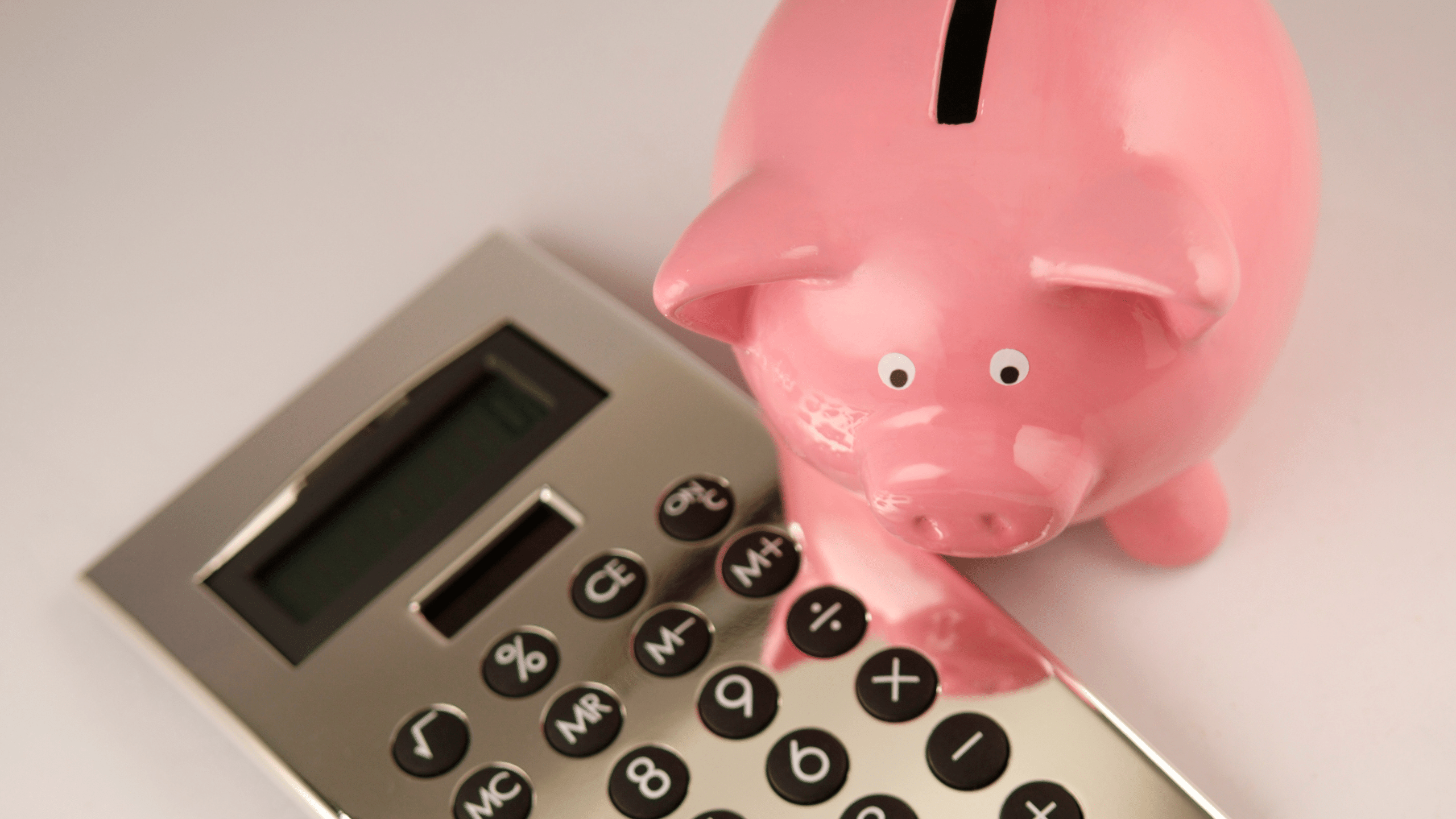June 2022 Economic Development Update:
People start businesses for all kinds of reasons, but bottom-line, the business needs to make a profit to be sustainable. Whether it’s a solopreneur’s full-time livelihood or starting a business with employees, the owner must understand the financial aspects of their business. It’s time to create a financial plan.
Capital Costs: It’s important to first know exactly what it’s going to cost to get your business up and running. Capital costs are fixed, one-time expenses that are incurred on the purchase of land, buildings, construction, and equipment used in the production of goods or provision of services. For example, if you want to start a graphic design business, you would invest in a computer with design software, a desk and chair, and a website and business cards to promote your business. If you want to open a hardware store, you’ll have to buy or construct a building, purchase inventory and a point-of-sale system, and maybe even buy a truck for product deliveries.
Operating Expenses: Even if every business doesn’t have capital costs (some already own what they need to start), every business will have operating expenses. These are the monthly costs of running your business. For the graphic design firm, operating expenses will include salaries, internet costs, advertising, rent or mortgage for office space, and more. For the hardware store, it will include staffing costs, insurance, utilities, and interest payments on the debt used to buy the building and inventory.
Financial Plan: The financial plan truly is the most important part of your business plan because it identifies your financing needs and shows the profit potential of your business. A financial plan includes these financial statements: Income Statement which compares your revenues and expenses to see if you are going to make any money; Monthly Cash Flow Statement which compares how much cash will be coming in versus how much you will be spending; and the Balance Sheet which compares what you own to what you owe. This is often the most difficult part for entrepreneurs, but don’t fret – there’s help available from organizations like Community Futures Triple R, Futurpreneur, and Sunrise Corner.
No matter what stage your business is at, I’d love to hear from you. If you’d like to discuss some ideas or get help narrowing down the options, feel free to reach out.
Monique Chenier
monique@sunrisecornermb.ca

